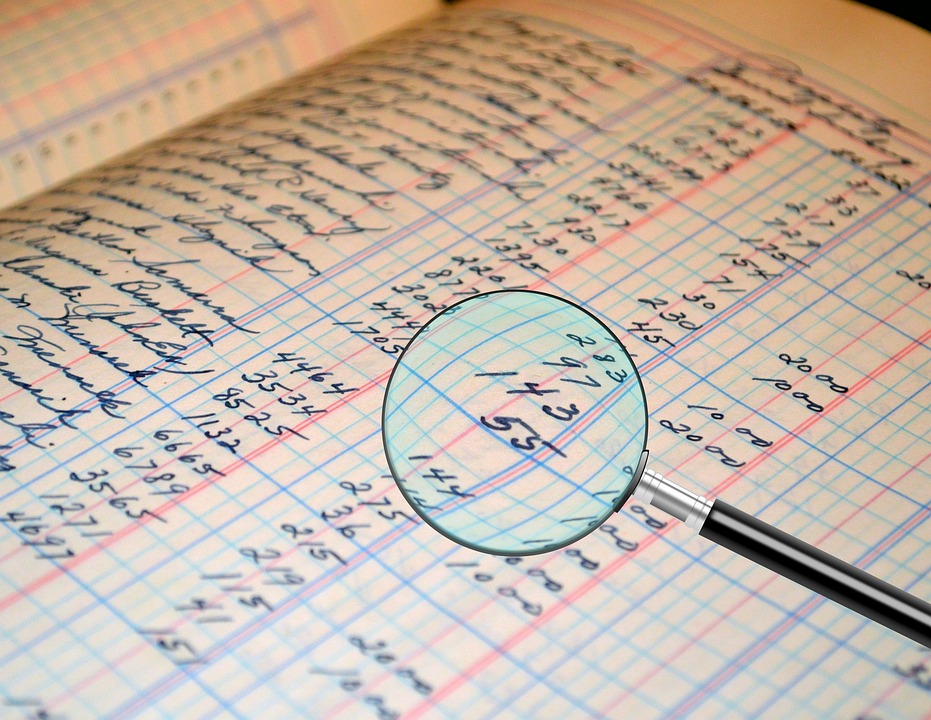Leasing out commercial properties can be a lucrative investment for property owners. However, it's crucial to ensure that lease agreements are being followed and that property owners are receiving the maximum return on their investment. This is where lease audits come into play.
A lease audit is a thorough review of a tenant's lease agreement to ensure that all terms and conditions are being adhered to, and that the property owner is receiving the appropriate amount of rent and fees. Lease audits are typically conducted by third-party professionals who specialize in reviewing lease agreements and financial records to identify any discrepancies or errors.
There are several reasons why lease audits are important for commercial property owners:
-
Maximizing Revenue: Lease audits help property owners ensure that they are receiving the maximum amount of revenue from their tenants. By reviewing lease agreements and financial records, property owners can identify any discrepancies or errors that may be costing them money. This can include missed rent payments, incorrect calculations of rent or fees, or unauthorized use of the property.
-
Protecting Against Fraud: Lease audits can also help property owners protect themselves against fraud. By conducting a thorough review of lease agreements and financial records, property owners can identify any instances of fraud or tenant misconduct. This can include instances where tenants are subletting the property without permission, misrepresenting the use of the property, or engaging in other fraudulent activities.
-
Ensuring Lease Compliance: Lease audits help property owners ensure that tenants are complying with the terms and conditions of their lease agreements. This can include ensuring that tenants are using the property for its intended purpose, maintaining the property in good condition, and following any other requirements outlined in the lease agreement.
-
Identifying Opportunities for Improvement: Lease audits can also help property owners identify opportunities for improvement. By reviewing lease agreements and financial records, property owners can identify areas where they may be able to increase revenue, reduce expenses, or make other improvements to their leasing operations.
- Avoiding Legal Issues: Lease audits can help property owners avoid legal issues by ensuring that they are in compliance with all relevant laws and regulations. By conducting a thorough review of lease agreements and financial records, property owners can identify any potential legal issues and address them before they become a problem.
Overall, lease audits are an essential tool for commercial property owners to maximize revenue, protect against fraud, ensure lease compliance, identify opportunities for improvement, and avoid legal issues. By conducting regular lease audits, property owners can ensure that they are getting the most out of their investment in commercial properties.
FAQs
-
Who typically conducts lease audits?
Lease audits are typically conducted by third-party professionals who specialize in reviewing lease agreements and financial records. These professionals may include accountants, auditors, or lease administration specialists. -
How often should lease audits be conducted?
Lease audits should be conducted regularly to ensure that property owners are staying on top of their leasing operations. The frequency of lease audits can vary depending on the size and complexity of the property portfolio, but it's generally recommended to conduct audits at least once a year. -
What should property owners look for during a lease audit?
During a lease audit, property owners should review all aspects of the tenant's lease agreement, including rent payments, fees, lease terms, and conditions of the lease. Property owners should also review financial records to ensure that all payments are being made on time and are accurate. -
How much does a lease audit typically cost?
The cost of a lease audit can vary depending on the size and complexity of the property portfolio, as well as the scope of the audit. Property owners should consult with professionals to get an estimate of the cost of a lease audit for their specific needs. - What should property owners do if they discover discrepancies during a lease audit?
If property owners discover discrepancies during a lease audit, they should address them promptly with the tenant. Depending on the nature of the discrepancy, property owners may need to take corrective action, such as adjusting rent payments or fees, or terminating the lease agreement.
In conclusion, lease audits are a critical tool for commercial property owners to ensure that they are maximizing revenue, protecting against fraud, ensuring lease compliance, identifying opportunities for improvement, and avoiding legal issues. By conducting regular lease audits, property owners can stay on top of their leasing operations and make the most of their investments in commercial properties.



